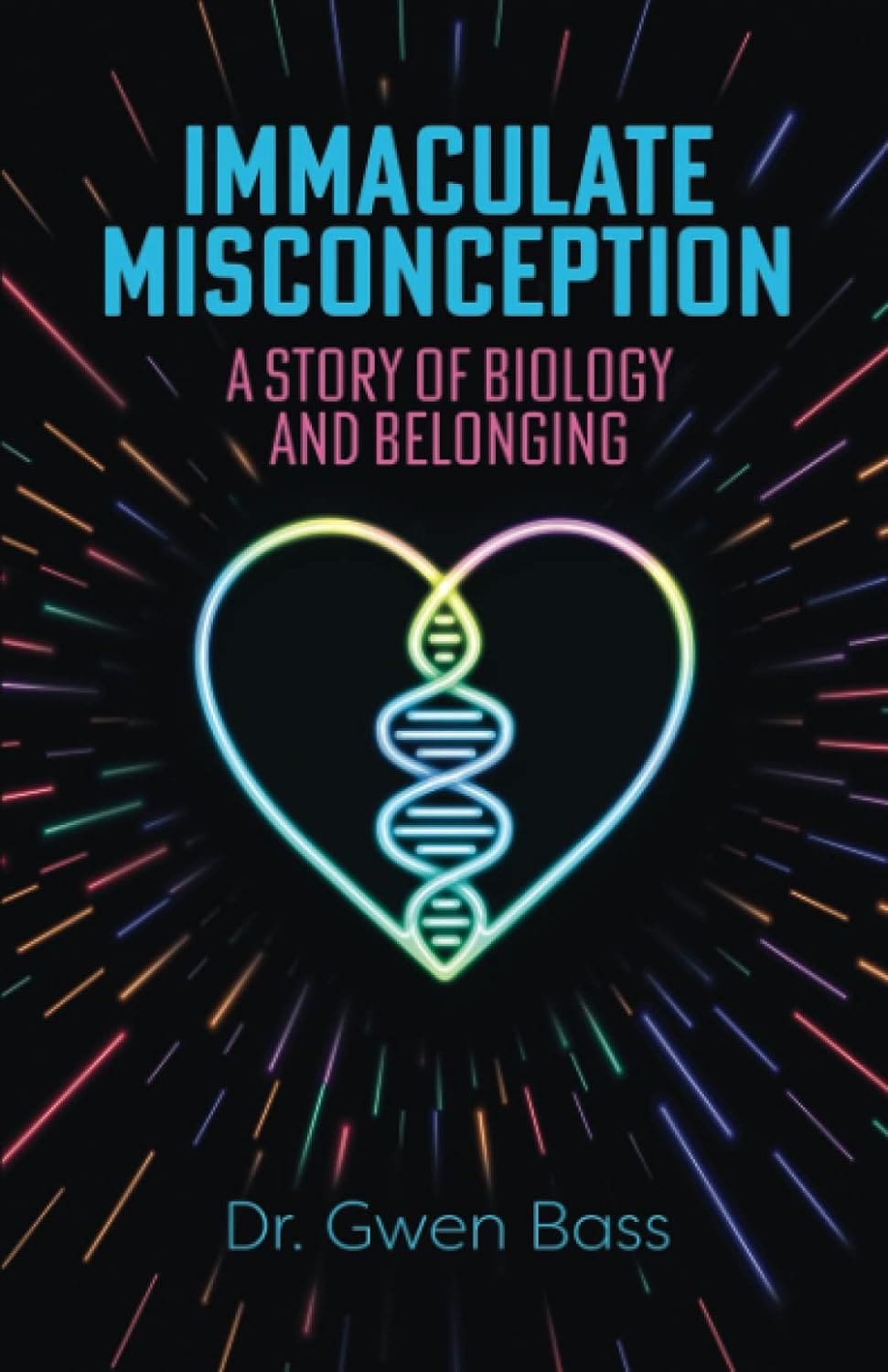Definition
A misconception is a mistaken belief or an incorrect understanding about something. It often arises from misinformation or incomplete information.
Expanded Explanation
Erroneous beliefs significantly influence opinions and decisions, often enduring despite contradicting evidence due to cognitive biases or limited access to accurate information.
Importance
Understanding and addressing misconceptions is crucial. It helps in spreading accurate knowledge, correcting false beliefs, and fostering informed decision-making in various fields.
Context and Usage
Misconceptions are commonly encountered in education, where correcting them is vital for effective learning. They also appear in public discourse, especially on complex topics like science or politics.
Examples
- Example 1: A common misconception in science is that humans use only 10% of their brain, which is scientifically inaccurate.
- Example 2: In history, a widespread misconception is that Christopher Columbus discovered that the Earth is round, a fact known to scholars much earlier.
Understanding the Glossary Term
Misconceptions often stem from oversimplified information or cultural myths. Clarifying them involves presenting accurate, comprehensive information and encouraging critical thinking.
Related Glossary Terms
- Endothermic Reactions: – Common misconceptions about endothermic reactions, like their association with cold temperatures, highlight the need for clear understanding.
- Wind Turbine: – Misconceptions about wind turbines, like their wildlife impact and noise, need factual clarification for accurate understanding.
Visual and Reading Aids

External Resources
Berkerley.edc: This article focuses on strategies for educators to identify and address misconceptions in science education. It emphasizes the importance of understanding and rectifying incorrect beliefs to enhance scientific understanding.
National Library of Medicine: The article reviews the current usage and meaning of ‘misconceptions’ in educational research, exploring historical debates that contribute to its controversy. It also highlights two key research areas related to misconceptions, discussing their impact on future biology education and instruction.
Related Articles
Hilarious Misunderstandings: Unpacking Funny Misconceptions: This is a light-hearted exploration of various common but incorrect beliefs. The posthumously debunks myths ranging from everyday misconceptions to more peculiar ones, offering both amusement and insightful revelations about why such misconceptions occur and how they impact our lives. It encourages readers to laugh at these misunderstandings while also learning from them, thereby fostering a sense of humour and curiosity.
Newfoundland Slang Dictionary | Top Sayings of All Time! 🐟📚: Explore the heart and soul of Newfoundland through its unique language with the ‘Newfoundland Slang Dictionary | Top Sayings of All Time!’ This comprehensive guide delves into the rich tapestry of Newfinese, offering a window into the island’s vibrant culture and heritage.
